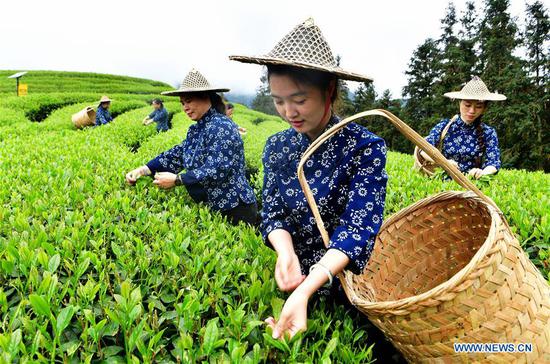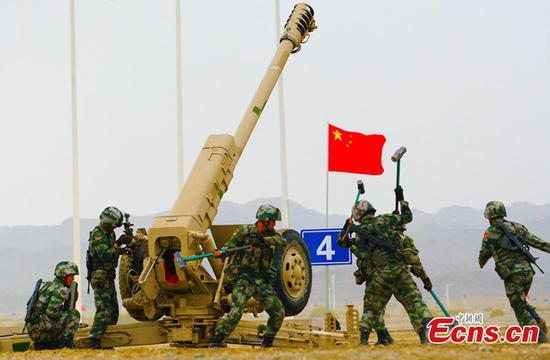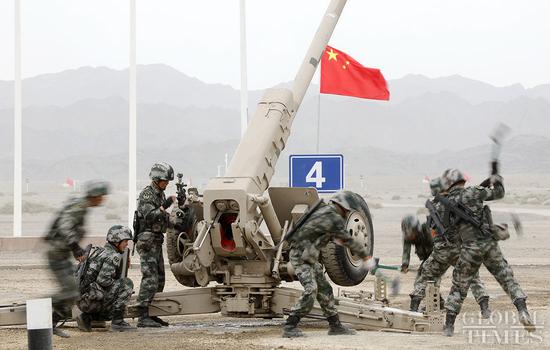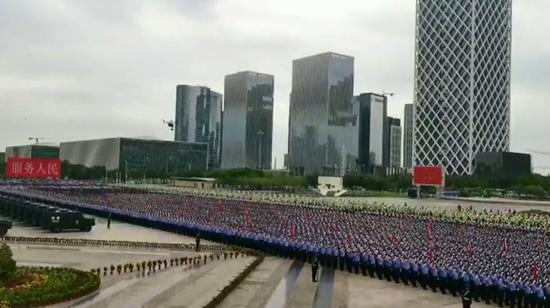Nation mulls ending import tariff quotas on three types of edible oils
China may end import tariff quotas for rapeseed oil, soybean oil and palm oil, a move an expert said is intended to encourage domestic companies to broaden their import channels and categories to ease the nation's dependence on soybean imports, particularly from the U.S.
The Ministry of Commerce on Wednesday sought public opinion on amending the import tariff quota management regulations on agricultural products.
According to the new draft regulations, wheat, corn, rice, sugar, and cotton would remain under tariff quota controls.
However, China would no longer offer import quotas for the three edible oils, based on past versions of the regulations.
"This sends a signal that the government encourages domestic companies to freely arrange their imports of those oils, whether in terms of quantity or sources," said Jiao Shanwei, editor-in-chief of cngrain.com, a website specializing in news about the grain sector.
It also shows the government's commitment to adjust the consumption structure by encouraging imports of edible oil categories that are not yet very popular in China such as palm oil, Jiao added. Currently, soybean oil takes the lead in domestic edible oil consumption.
"The government tried to help decrease domestic markets' dependence on soybean oil when soybean imports from the U.S. were under pressure," Jiao commented.
Pressure has mounted on China to explore more soybean import channels after its trade relations soured with the U.S., as it has previously relied heavily on the U.S. for soybean imports.
China's soybean trade with Canada, which has stood by the U.S. in the latter's attacks to Chinese technology giant Huawei, also turned sour amid the trade friction. The Globe and Mail newspaper in Canada cited an executive director at Soy Canada as saying that the company had not sold any shipload of soybeans to China since the end of 2018.
To fill this "gap" of soybean needs, China has turned to countries in South America and Russia, Jiao said.
The move turned out to be effective as the country's dependence on U.S. soybeans has dwindled, he said.
Though China-U.S. trade in agricultural products had shown some signs of recovery, it is again on the brink with an escalation of the trade war. Chinese companies halted purchasing U.S. agricultural products after the U.S. threatened to impose fresh tariffs on Chinese goods, Ministry of Foreign Affairs spokesperson Hua Chunying said on Tuesday.


















































